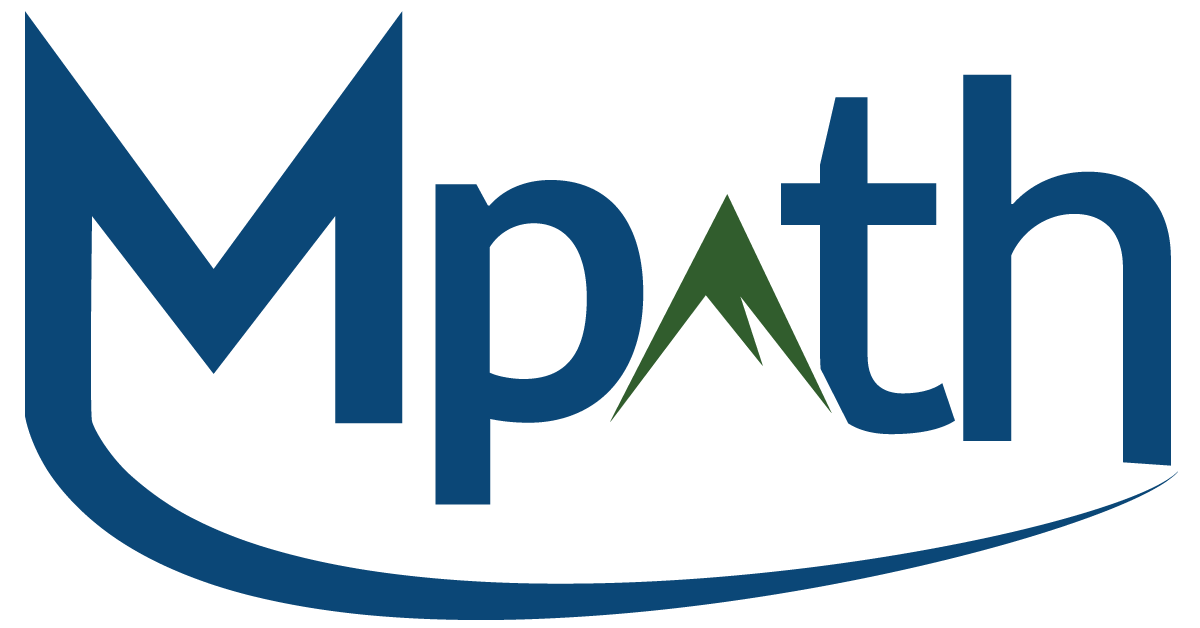Five Things Every Client Should Know Before a Reflexology Session
Many new clients arrive at a reflexology session not knowing what to expect. Especially if you have never experienced any form of bodywork, you may have lots of questions. Always feel free to ask what is on your mind so that you can be comfortable and fully relax during the session. To get you started, here are five things that you should know prior to your appointment.
1) The main benefit of reflexology is relaxation. A 2020 review and meta-analysis of reflexology studies showed that foot reflexology significantly improved adult depression, anxiety, and sleep quality. As more and more research shows the importance of sleep for everything from concentration to immune function, it shows reflexology and any form of relaxation in a new light. I am curious what future research will show, but imagine that other benefits that people have reported after reflexology sessions (pain relief, better digestion, decreased allergy symptoms, etc.) may primarily be a result of deep relaxation.
2) You remain fully clothed during a reflexology session, other than your shoes and socks. Depending on the goal of the session, you may be asked to wear shorts, or roll your pant legs up to allow reflexing around the ankle and other techniques to relax the several foot muscles that originate on the lower leg. Other than that, your clothes stay on and you will also be covered by a sheet or blanket. This makes reflexology an excellent option if you are new to bodywork, and feel you would benefit from touch, but are not comfortable disrobing.
3) A reflexology session generally will involve gentle touch on the ears, hands, and feet, but the client has total control over the session. For example, if your feet are incredibly ticklish and you do not want them reflexed, that is fine. You can still receive the benefits of reflexology. The session will only be beneficial to you if you are comfortable, so it is important to communicate if there are certain types of touch on your ears, hands, or feet that you prefer or would like to avoid.
4) Reflexology should not be painful. Yes, we are looking for areas of tension and tenderness in order to relax them, but this process does not need to cause significant discomfort. It is ok to feel some pressure, just not pain. Again, a primary benefit of reflexology is relaxation and you will not be able to relax if the session is causing or increasing pain levels.
5) Reflexologists are not medical professionals and a reflexology session is not intended to diagnose, treat, prevent or cure any physical, mental or emotional issue, disease or condition. Reflexology is recognized by the National Institutes of Health as a complimentary practice within the holistic health field and its effectiveness is supported by numerous research studies, but it is not a medical practice. Never book a reflexology session as a substitute for seeing a medical provider. Reflexology can promote relaxation and support you as part of a broader wellness plan, but know when reflexology is a good option for you, and when you need to seek medical care from a qualified professional.
What else would you like to know about what to expect during a reflexology session?
